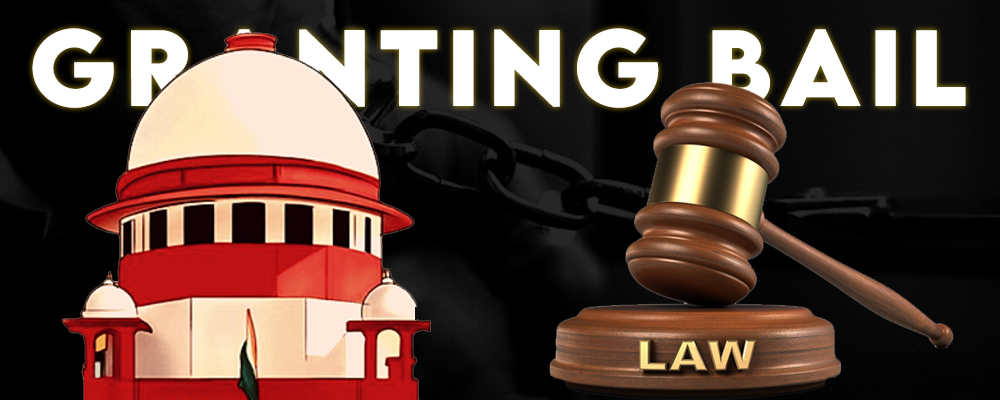In the law and litigation field in Indian jurisdiction, it is very commonly known that it is a long lengthy process if you are entering into court procedure to deal with your case, as we all know it takes years for the court to pass the judgment but the most core feature of the judiciary is to protect the innocent. Delay attracts a slew of issues, and prolonging the pendency of cases has major ramifications for the public. Every citizen has the fundamental right to an effective, fair, and expeditious trial.
There are various reasons responsible for the delay in the resolution of cases in a timely manner which is mentioned below:
- Judge-citizen ratio and judicial vacancies:
- an Inadequate number of courts:
- Regular adjournments
- Judges’ transfer:
- The massive number of appeals:
- Parties’ non-appearance:
The decision by the supreme court:
A recent judgement by the supreme court on the same issue has been given mentioning that an inexplicable, unnecessary, and significant delay in ending a trial, appeal, or modification would be a factor in bail consideration
Judges observed that they expect the Courts to implement Section 309 of the CrPC., which, while considering day-to-day proceedings, rules out exceptions and gives Courts the power to postpone or adjourn cases.
The Bench, on the other hand, was of the opinion that in the event of any undue delay, the accused should be entitled to the advantage of the same, regardless of the benefit that the accused would receive under Section 436A of the Code.
The Supreme Court issued the following directives:
- To streamline the grant of bails, the Government of India may consider introducing a distinct act in the form of a Bail Act.
- The investigative authorities and their officers must adhere to the mandates of Sections 41 and 41A of the Code, as well as the instructions provided by this Court in Arnesh Kumar (supra).
- The courts must be satisfied that Sections 41 and 41A of the Code were observed. Failure to comply would result in the accused being granted bail.
Need A Legal Advice
The internet is not a lawyer and neither are you. Talk to a real lawyer about your legal issue

- A bail application is not required while the application is being considered under Sections 88, 170, 204, and 209 of the Code.
- The mandate given in this court’s Siddharth ruling must be properly fulfilled (in which it was held that investigating officers need not arrest each and every accused at the time of filing the charge sheet).
- The State and Central Governments must follow the instructions issued by this Court on the establishment of special courts on a regular basis. In cooperation with state governments, the High Court will need to consider the need for special courts. The openings for Special Court Presiding Officers must be filled as soon as practicable.
- The High Courts have been asked to look for undertrial offenders who are unable to meet bail requirements. Following that, in accordance with Section 440 of the Code, suitable measures must be taken to assist the release.
- The mandate of Section 440 of the Code must be considered when requiring sureties.
- With the exception of an intervening application, bail applications should be determined within two weeks, unless the laws dictate otherwise. Anticipatory bail applications are scheduled to be determined within six weeks, excluding any intervening applications.
- All state governments, union territories, and high courts must file affidavits/status reports within four months.





 Talk to a Lawyer
Talk to a Lawyer